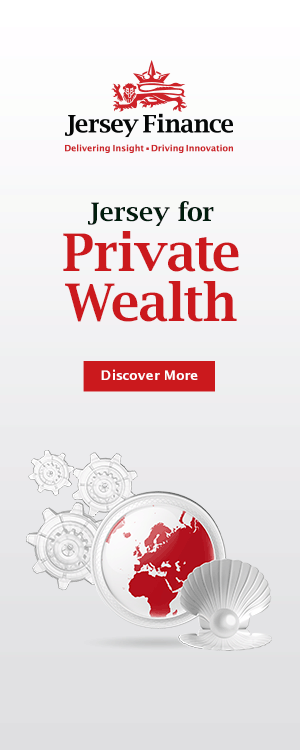Jurisdictions
Regions
Industry Sectors
18/08/20
From Features
Beyond COVID-19

There is little doubt the Covid-19 pandemic will be considered one of the most significant global events since World War II, which shaped our current global economic and financial order. Now, the future of our financial system is uncertain—however, it is increasingly clear it will not go back to its pre-crisis form. But out of every crisis come opportunities for competitive reinvention and differentiation. IFCs may have been forced to conduct business in a different manner, but they have adapted remarkably well and have even discovered some silver linings in the midst of turbulence.









